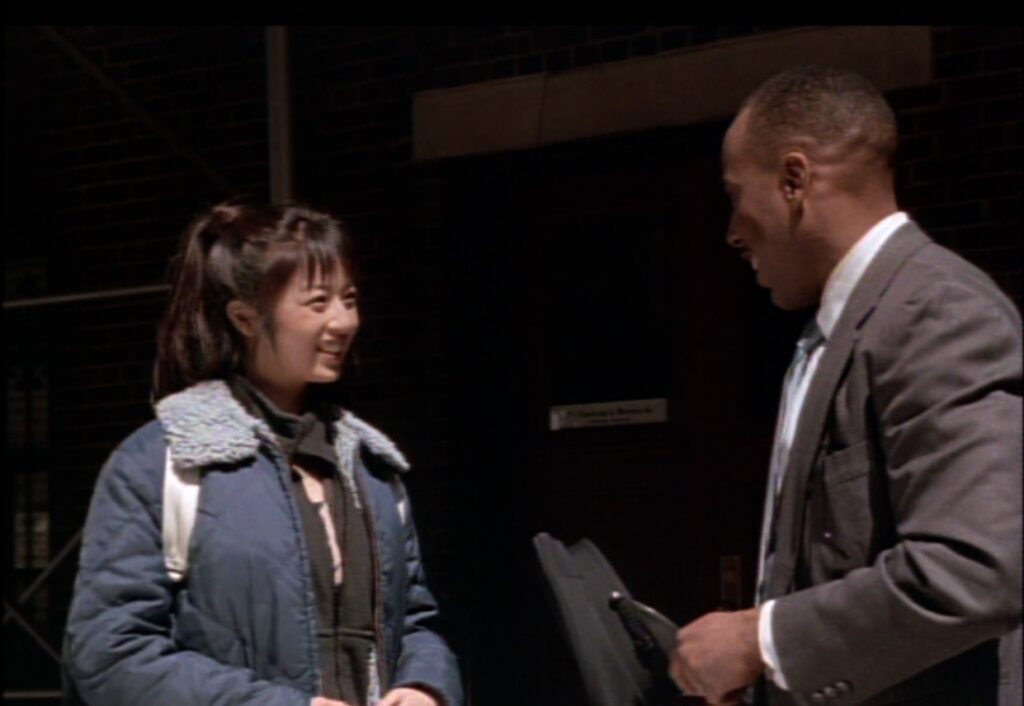
The “wounded Japanese” inside me
This is my essay that connects to “The New Other, Cuba“.
I was born in Kitakyushu City, Fukuoka Prefecture in 1969, 17 years after Ryu Murakami was born in 1952 and 24 and a half years after the war ended. There were no military bases in the town where I grew up, and World War II seemed like a distant event that had no relation to me.
I became involved in the history of World War II and the music of that era when I saw the movie “The Glenn Miller Story” in junior high school. I admired America and American music, so I went to New York when I was twenty. So I started studying singing. I lived in New York for most of the 1990s.
“Angels Swing” was a project of World War II and American music. I met people through “Angels Swing”, including American veterans and former honor guards of General MacArthur who was Supreme Commander for the Allied Powers during occupied Japan. and I became involved in POW (Prisoner of War) activities related to prisoners of war, I sang at a convention of the U.S. POWs who were captured in the Philippines, and I participated in several meetings. I also created a booklet about the war history of my hometown.
Through these activities, I gradually came to realize the “wounded Japanese” within me. The ”wounded Japanese inside me” was a “Japanese” who felt a deep sense of guilt over the Pacific War, was unable to feel proud of his country, and was unable to love it.
In 2014, I went to Cuba for the first time and stayed for three weeks. The following year, in 2015, I stayed there for two months. I then lived in Cuba for about two years from 2016 to 2018.
For me, living in Cuba is like what life would have been like if Japan had not surrendered to the United States in the Pacific War. It was an “example” life of one possibility. As I lived there, I came to understand what the Japanese had lost by surrendering, and what we had gained by surrendering.
Cuba was a country quite different from Japan. There, I got frustrated, angry, cried, and laughed at the differences in Cuban people and life in Cuba. Many differences between “new others” (Cubans) and “myself” (Japanese) stemmed from history, climate, customs, and beliefs. By recognizing the differences, one’s identity as a Japanese person emerges.
Cuba is short on supplies but they have time.
My friend took the time to prepare the meal. I sat in their kitchen and drank coffee. Even though my Spanish was not good, they took their time and listened.
There was music. Music was a language for communication. The openness and kindness of the Cuban musicians became a sound and rhythm that penetrated my body. When I looked sad, they tried to make me smile.
In Cuba, there were many difficult and unpleasant things. My Cuban friends said, “Cuba is not easy” and they were very caring and helped me.
“Anything is an experience, I am enjoying new experiences,” I said with a smile. Through experience, people gain wisdom and the strength to live.